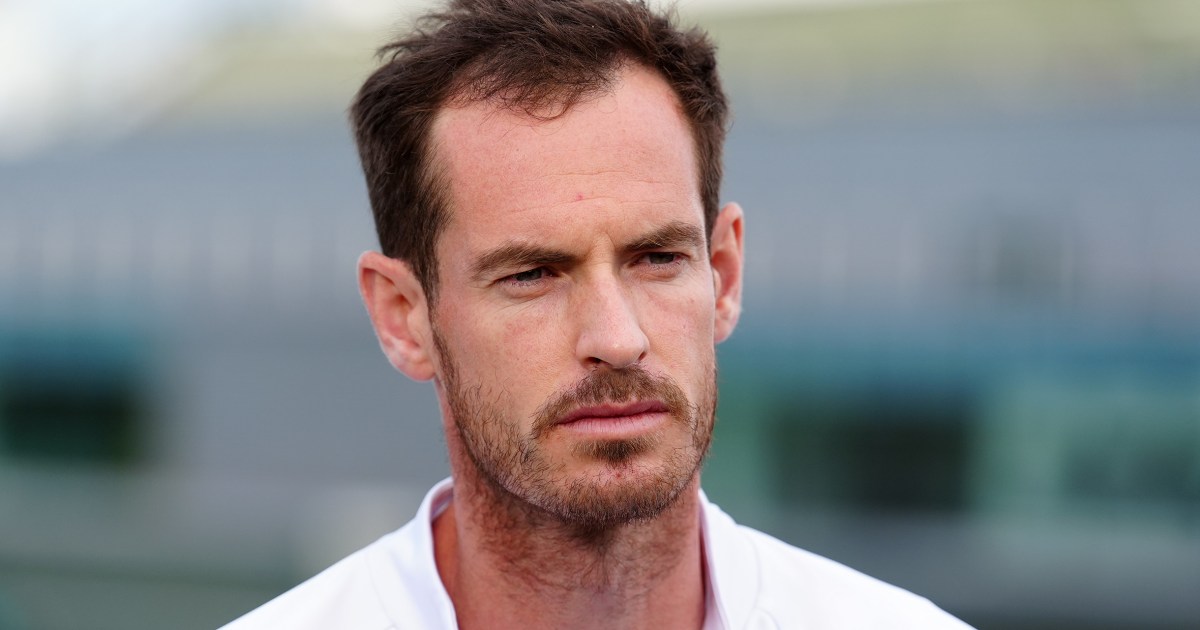
Liam, 36, a senior IT manager and married father-of-one from Newcastle upon Tyne, is one of millions of homeowners whose mortgage payments will rise even higher after the Bank of England on Thursday put up the base interest rate to 5% – a 15-year high.
Together with his husband, Liam bought his four-bedroom house in 2019 for £269k, and the couple’s three-year mortgage deal, refixed at 1.64% in 2020 just before the first lockdown, expired in March.
“The fixed rates on offer were obscenely high and this meant a tracker mortgage [one that moves up or down in line with the base rate] was the best solution for us, because we hoped the interest rates would start coming down. It didn’t work out,” Liam says.
The couple’s monthly repayments have increased by 50% since they took out the mortgage, from £800 to £1,200. At the same time their energy tariff went up in price and so did their nursery fees.
“It’s a perfect storm,” says Liam. “I looked at fixed deals yesterday and they had gone up again. I don’t want to fix at 6 or 7%, and feel slightly despondent.”
The value of our house has gone down. I’m blaming Liz Truss entirely for this
Should the Bank’s rate climb to 6%, as the financial markets are anticipating, the couple may have to turn to family for help.
“That’s a real worry – we would have to find a lot of extra money,” Liam says. “The value of our house has gone down. I’m blaming Liz Truss entirely for this.”
While the Bank’s 13th consecutive interest-rate rise is affecting people across the country and with various kinds of mortgage arrangements, it has dealt a particularly harsh blow to young families in the capital and wider south who have very large outstanding mortgages.
Homeowner Laura, 34, from London, has recently remortgaged before her two-year fixed rate deal with an interest rate of 1.87% ends in August.
“Like many people, we’re kicking ourselves that we didn’t do a five-year fix back in 2021. We managed to secure another two-year fixed rate at 4.13%, just before mortgage providers recently started pulling products and increasing the rates again. Our payments are due to increase from £1,600 a month to £2,206 a month – so £606 a month or £7,272 a year extra,” she says.
“Luckily, my partner and I finish paying off our student loans at around the same time the new mortgage kicks in. We had been looking forward to having that little bit of extra money each month, but now it will have to go towards our increased mortgage interest costs.”
Holly*, 37, a pregnant mother-of-one who works in the music industry, says her family will have to sell their home in Hackney, east London, and move to the north of the country to a cheaper area because of the high costs of borrowing.
“We know we won’t be able to remortgage our two-bed flat, so we are moving to be nearer to my family in Yorkshire.
“This [mortgage crisis] has completely changed our life plans and will severely impact our careers and earnings.”
Vincent, an architect and homeowner from Maidenhead, will have to pay just shy of £2,800 monthly for the three-bed family home’s mortgage from August, for the next two years.
“We feel like we have our head above water at the moment and can just about manage if we keep an eye on other expenses and cut out non-essentials,” the father-of-two says.
“We are both high earners, but the new mortgage repayments are going to jump by £600 a month. That is on top of £2,000 a month we already pay for childcare, plus £950 for council tax, commuting, energy bills and house insurance, which are all going up as well.
“We’re already using savings to keep us ticking over, and have been trying to go to the supermarket just a couple of times a month, to reduce costs as much as possible.”
Vincent is among those who struggle to understand both the Bank of England’s and Downing Street’s reasoning behind the steep interest-rate increases – the belief that slowing down the economy is a price worth paying to bring down inflation.
Karen Ward, chief market strategist EMEA at JP Morgan Asset Management and a member of the chancellor’s economic advisory council, said on Wednesday that the Bank of England must “create a recession” to curb inflation.
“The funny thing about all this,” said Vincent. “Is that the money you spend on interest payments could be going towards the local economy, could be spent on employing carpenters and plumbers to renovate our house. That money is now essentially lost.”
* Name has been changed
https://www.theguardian.com/business/2023/jun/25/the-mortgage-crisis-has-changed-our-lives-borrowers-in-england-reel-from-latest-rise-in-rates





